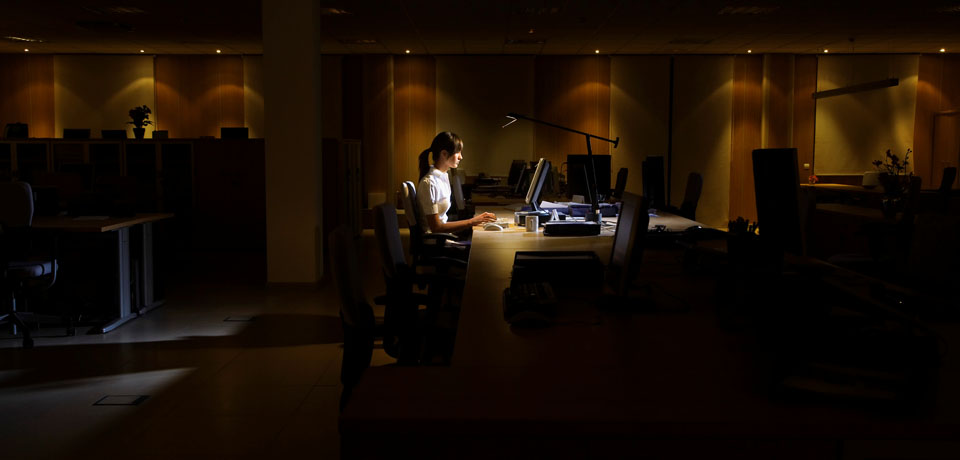
How to keep lone workers safe…
There has been a huge increase in the number of employees and contractors classed as ‘lone workers’ since the pandemic. Here is a guide to the key measures that employers can use to help keep workers safe.
Who is classified as a ‘lone worker’?
According to the Health and Safety Executive (HSE), a lone worker is ‘someone who works by themselves without close or direct supervision’. In the past this mainly referred to employees who visited locations solo or who worked in retail or office premises alone, perhaps on late shifts. However, the huge change in the way we work since COVID means that definition now includes those who:
- Work at home
- Work alone at a fixed base
- Work separately from others (but on the same premises)
- Work away from a fixed base.
New HSE guidance reminds employers of the requirement to assess risks associated with lone working and take appropriate measures to avoid and reduce risks. However, now employers are also asked to think about the possibility of work-related violence and also the negative impact that lone working can have on work-related stress levels and mental health.
Some things to consider in ensuring lone workers are not put at risk — which you should do before they work alone — include:
- Making thorough risk assessments, including violence, manual handling, the medical suitability of the individual to work alone and whether the workplace itself presents a risk to them;
- What training is required, requirements for training, levels of experience and how best to monitor and supervise staff
- Having systems in place to keep in touch with lone workers and respond to any incident quickly.
What measures can help?
Training in personal safety, which may include conflict resolution and recognising situations where they may be at risk.
Modification or design of the work environment, if appropriate, to avoid workers being isolated and providing work equipment such as devices designed to raise the alarm in an emergency which can be operated manually or automatically, e.g. lone worker alarms [https://waldonsecurity.co.uk/home-security-services/lone-working]
Good security systems can also help. CCTV for example not only records incidents but can deter aggressive incidents.
Having a 24-7 security monitoring service can also ensure that if staff do need help there are fast and efficient systems in place to ensure round the clock security and contacts for your team.
You can see the new HSE Guide to Keeping Lone workers safe here: https://www.hse.gov.uk/pubns/indg73.pdf?fbclid=IwAR2Qy30VXVafJn6MtSjcim5UyQKc889DUlrVaC9jSh8iZ4-ZCUzelh66gUs
As always our team are happy to talk through your specific needs offer information or assistance on CCTV, security alarms, security monitoring and lone worker devices. Please contact our team on 01726 65636 or at security@waldons.co.uk




